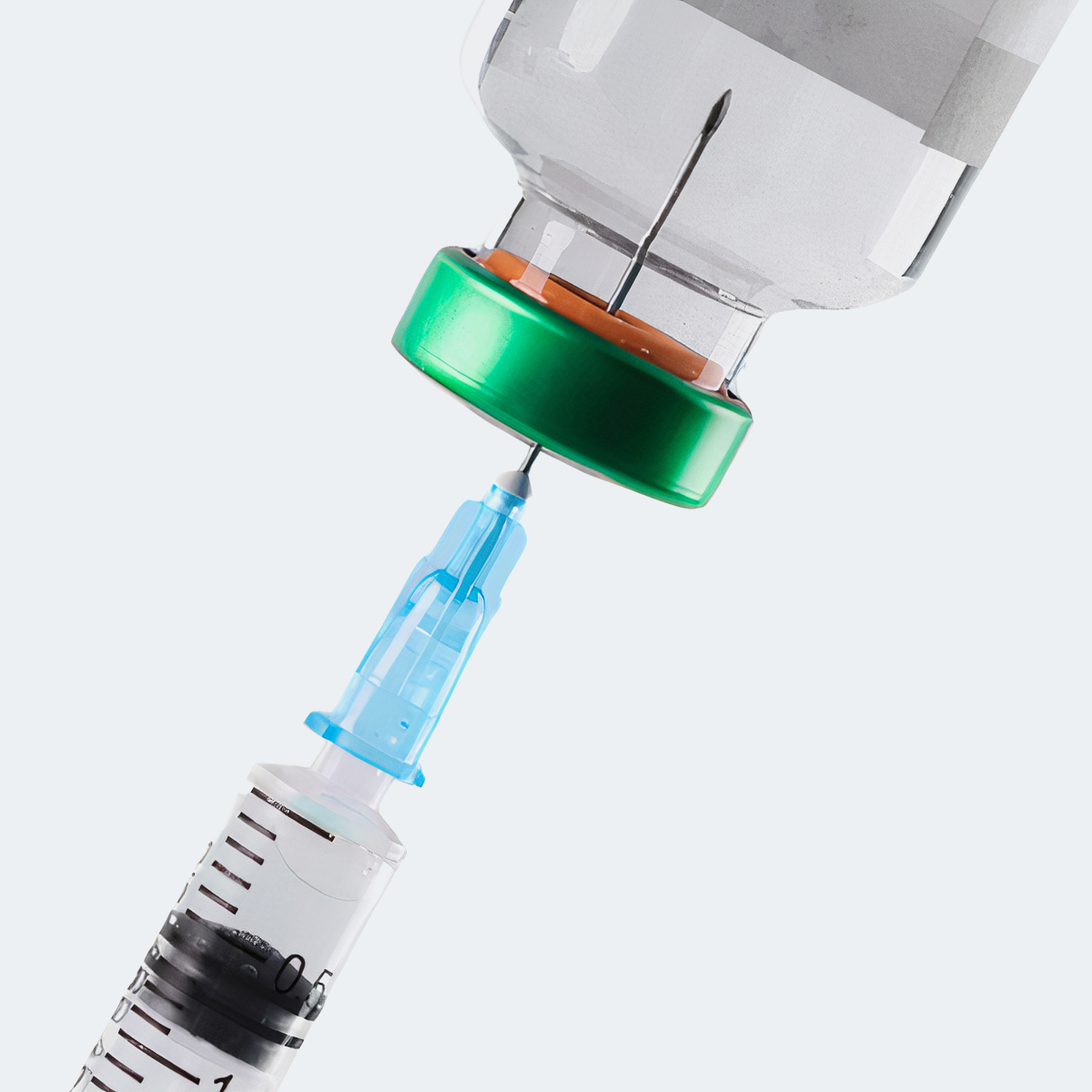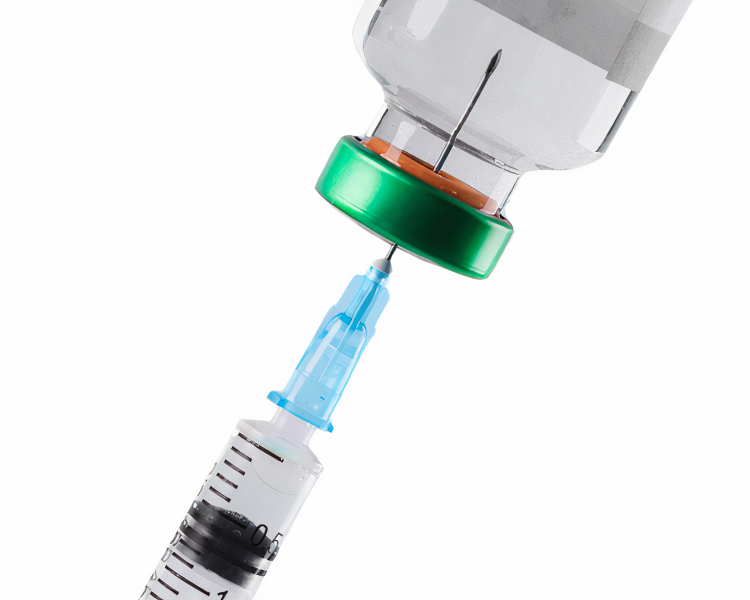Biologic Treatments for Psoriasis, Eczema and Urticaria by
Biologic treatments target very specific and key steps of the disease process, very much like the “cruise missiles” used on the battlefield. Therefore, they are also called Smart Medications.
Why Choose Dr. Wong Soon Tee
Friendly & Experienced Specialist
Dr. Wong connects well with his patients & he is a specialist with over 30 years of experience.
Dedicated & Focused Patient Care
Dr. Wong will manage every step of his patient’s skin healing journey.
Safe & Effective Treatments
We offer a selection of carefully curated FDA & HSA-approved treatments that give effective results.
- MBBS, Yong Loo Lin School of Medicine, Singapore
- MRCP. Member of Royal College of Physicians, United Kingdom
- FAMS, Fellow of Academy of Medicine, Singapore
- Adjunct Assistant Professor, National University of Singapore
- Visiting Consultant, University Dermatology Division, National University Hospital
- Visiting Consultant, Aesthetic Plastic Surgery Centre, National University Hospital

What Are Biologic Treatments?
Biologic treatments are medications made up of recombinant proteins engineered from living tissues or cells that are created in a laboratory. They target very specific and key steps of the disease process, very much like the “cruise missiles” used on the battlefield. Therefore, they are also called Smart Medications.
Biologics for skin treatments are provided via injection or intravenous infusion and they are usually more effective than conventional topical and oral medications.
How Do They Work?
In many skin disorders, the immune system is overactive with inflammatory processes. Currently, there are specific biologics (medications with suffix: mab) matched up to treat specific skin disorders. For example,
- Atopic eczema: Dupilumab, Tralokinumab, Lebrikizumab
- Itch: Nemolizumab
- Psoriasis: Adalimumab, Guselkumab, Risankizumab
- Chronic urticaria (hives): Omalizumab
- Pemphigus: Rituximab
The inflammatory processes in these skin disorders are like battlefield warzones that involve chains of command and control. The biologics eliminate and inactivate e.g. the key command centre or the communication network. Hence, they are able to halt or disrupt the inflammation and bring relief to the patients.
The clinical experience has been excellent so far and has provided great symptomatic relief for the patients that have failed to respond to conventional treatment.

Are These Treatments Safe?
The common sides effects for biologics include flu-like symptoms or throat infection. Some side effect is specific to the biologic e.g., red eyes (Dupilumab). Biologics generally have fewer side effects when compared to traditional treatments.
Who Is Suitable for Biologics?
Patients with skin disorders that are moderate to severe, who experience side effects with traditional therapy or have not improved with traditional treatments can consider biologics. Unless one is allergic to the biologics, most people can tolerate biologics. However, Dermatologists also need to use these medications with care and check whether the patient is suitable for the treatment.
-
Biologic Treatment for Psoriasis
In dermatology, biologic drugs are most often used to treat psoriasis and there are currently more than 10 biologics on the market that treat psoriasis. They are very effective at relieving psoriasis symptoms and have relatively fewer side effects. However, the cost of treatment is expensive and patients will need to work with their Dermatologists and insurance companies to arrange for coverage or reimbursement.
-
Biologic Treatment for Atopic Eczema
Like psoriasis, eczema is an immune-related disorder. The targeted therapy inactivates a very specific critical point and stops the process of immune overreaction. Once the cycle of inflammation stops, the drugs effectively minimise the patient’s symptoms of eczema.
Dupilumab was FDA-approved in 2017 to treat moderate-to-severe eczema that does not respond well to prescribed topical therapies. An “oldie, but a goodie”, it is currently the first FDA-approved biologic widely used in the treatment for Atopic eczema and is now even approved to treat patients as young as 6 years old.
Just announced recently in December 2021, FDA has also given approval for Tralokinumab (Adtralza®) to be used for the treatment of moderate-to-severe atopic dermatitis in adults 18 years or older whose disease is not adequately controlled with topical prescription therapies. Another biologic in the pipeline is Lebrikizumab and more medications are likely on the way. In the near future, Dermatologists will have much more biologic options to treat patients with atopic dermatitis effectively.
-
Biologic Treatment for Chronic Urticaria
Omalizumab was FDA-approved in 2003 to treat moderate-to-severe persistent allergic asthma. In addition to allergic asthma, Omalizumab is approved for the treatment of chronic urticaria (hives) with no identifiable cause as well. Patients must be 12 years old or older and with a history of failing to respond to adequate antihistamine treatment.
Why Are There Treatments So Expensive?
These treatments are expensive because the research and development of such drugs take many years and drug research is a very expensive process.
Given the growing range of new biologics coming into the market, their impact is likely to expand. We can expect many such medications with a better safety profile to emerge in the coming years. Soon, Dermatologists will have a lot more therapeutic options to manage the wide range of inflammatory skin disorders. Hopefully, we can also find ways to mitigate the high cost of treatments so as to bring hope and relief to our patients who suffer psoriasis, eczema, urticaria.
Our Clinic Location
-
Mount Elizabeth Novena Specialist Centre
#10-22/23, 38 Irrawaddy Road,
Singapore 329563 - +65 6694 1121
- +65 9724 4911(WhatsApp)
- enquiry@assuranceskin.com
-
Mon, Tues, Wed, Fri: 9am - 5pm
Thurs & Sat: 9am - 12.30pm
Sun & Public Holidays: Closed
Book An Appointment
Leave us your details and our clinic will get back to you shortly.
For Faster Response, Call Us!
+65 6694 1121
Chat with our friendly clinic staff through Whatsapp!

